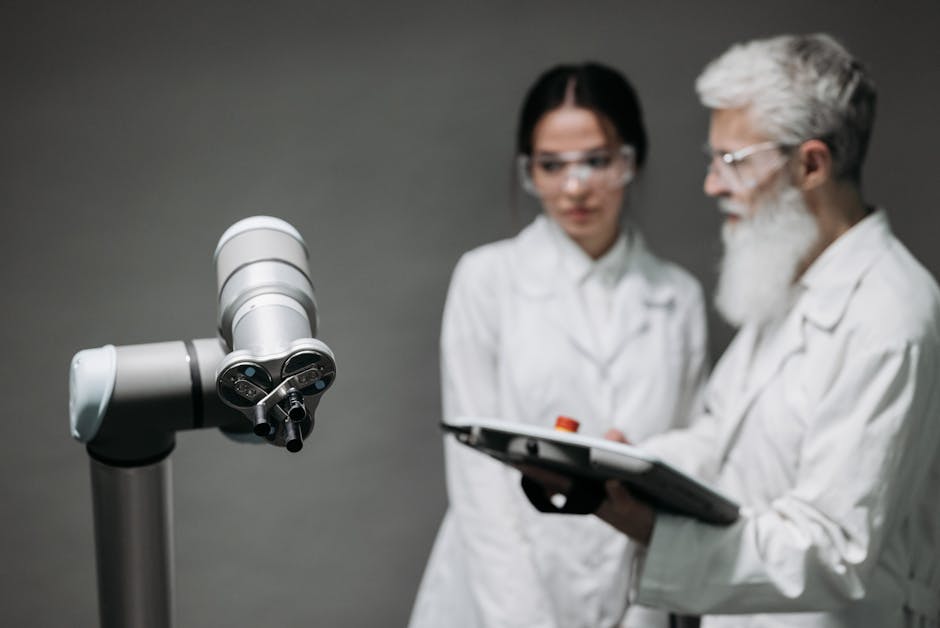Will AI Replace Journalists or Test Their Integrity? MIT Researcher Explains
The rise of artificial intelligence (AI) has ignited debates across industries—and journalism is at the forefront. With tools like ChatGPT and automated news platforms advancing rapidly, a critical question emerges: Will AI replace journalists, or will it challenge their integrity and redefine their roles? A study by an MIT researcher offers compelling insights into this evolving landscape.
AI’s Growing Role in Journalism
AI is already transforming newsrooms. Algorithms generate financial reports, sports summaries, and basic news updates, offering speed and efficiency. While this automation raises concerns about job displacement, the bigger issue may be ethical integrity.
MIT researcher Dr. Priya Nair argues, “AI can mimic writing, but it lacks the moral judgment, investigative depth, and contextual understanding of human journalists.” Her research reveals AI’s limitations—nuance, cultural sensitivity, and accountability often fall short in machine-generated content.
The Misinformation Threat: AI vs. Fact-Checking
AI’s potential to spread misinformation is a major concern. Deepfakes, fabricated quotes, and manipulated data can outpace human fact-checkers. Dr. Nair warns, “Over-reliance on AI without verification erodes credibility.”
For instance, during elections, AI-generated false narratives could mislead voters, forcing journalists to act as digital detectives. The line between AI-assisted reporting and automated deception is thin—pushing reporters to prioritize accuracy like never before.
AI as a Journalist’s Tool, Not a Replacement
Rather than replacing journalists, AI can enhance their work. Newsrooms use AI for data analysis, transcription, and trend forecasting, freeing reporters to focus on investigative stories. The Washington Post’s “Heliograf” bot, for example, handles routine updates while humans tackle complex reporting.
Dr. Nair notes, “The best outcomes come when AI manages scale and speed, while humans provide empathy and ethical judgment.” This partnership could redefine journalism—balancing efficiency with integrity.
Why Humans Still Matter: Ethics and Trust
AI lacks emotional intelligence—a key asset in journalism. Building trust with sources, uncovering corruption, and conveying trauma require human connection. Audiences also demand transparency; undisclosed AI use risks eroding trust.
Dr. Nair advocates for clear newsroom policies on AI, ensuring readers know when automation is involved.
The Future: Collaboration, Not Competition
The journalism of tomorrow hinges on human-AI collaboration. Reporters who leverage AI for research while honing investigative skills will thrive. Meanwhile, media literacy will help audiences discern AI content from human-reported stories.
As Dr. Nair concludes, “AI won’t erase journalism—it will demand better journalism.” The challenge? Balancing speed with depth and ethics with innovation.
Final Takeaway: AI isn’t the end of journalism—it’s an opportunity to elevate it. The most successful journalists will harness technology without compromising their ethical core.
What’s your view? Can AI and journalists coexist ethically, or does automation threaten the industry? Share your thoughts below!
— By [Your Name], NextMinuteNews




